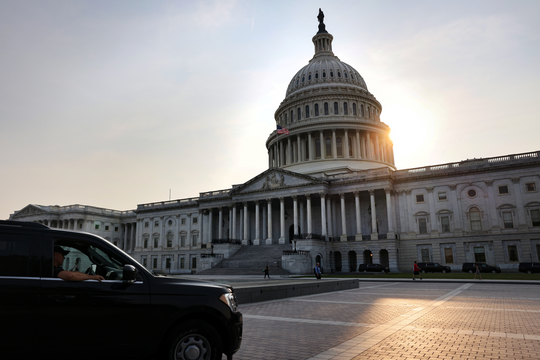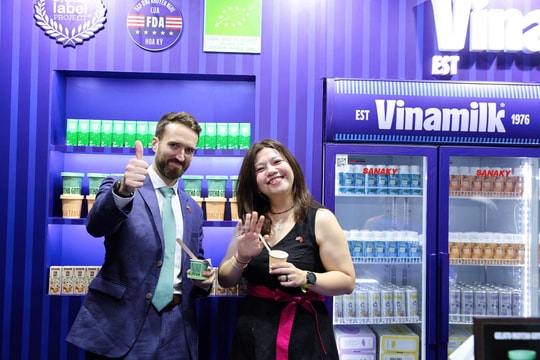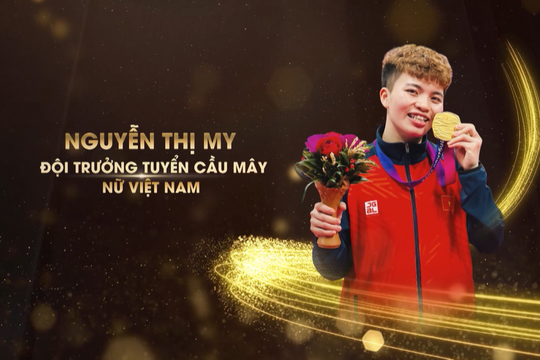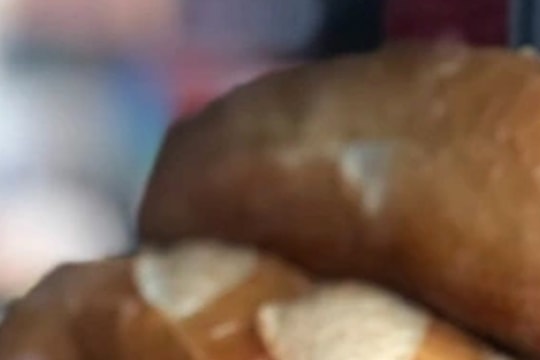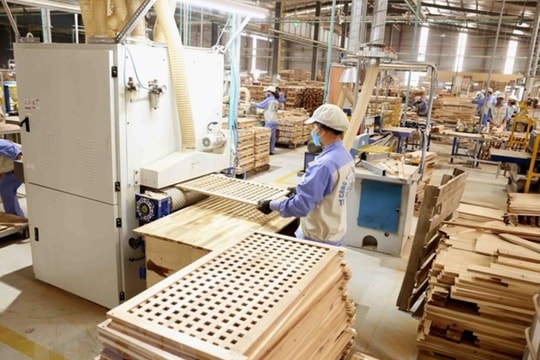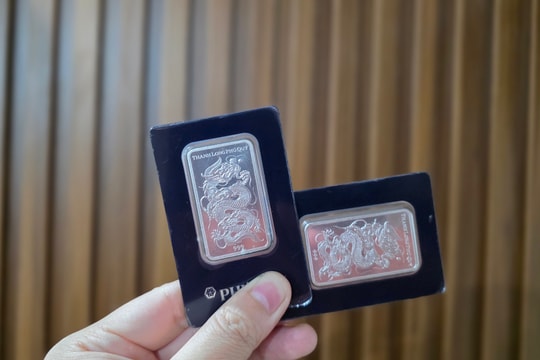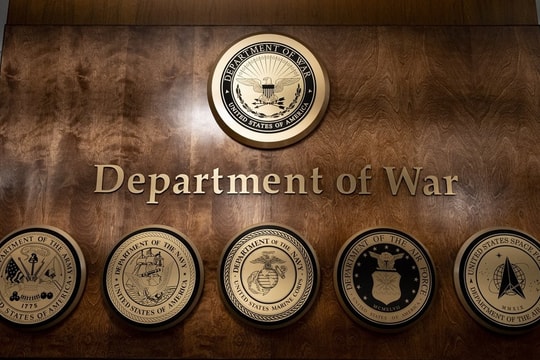The secret agents who protect the US president closely
Agents of the US Presidential Protective Unit have the noble responsibility of ensuring the safety of the head of the White House at all costs, even if it means sacrificing their lives.
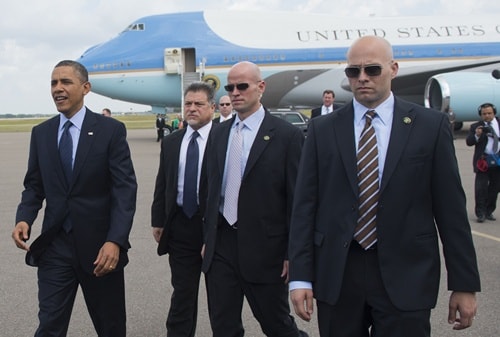 |
PPD officers are always on duty with the US president, especially during foreign trips. Illustration photo: AFP |
Since the early years of the 20th century, the Presidential Protective Division (PPD) has been operated by the United States Secret Service, although their operational objectives were completely different. The Secret Service at that time mainly performed anti-counterfeiting duties.
The U.S. Treasury Department established the Secret Service in 1865 to conduct operations against organizations that produced and sold counterfeit currency. They later became a multi-purpose law enforcement group, specializing in areas where the U.S. Marshals Service had no jurisdiction or lacked the resources to investigate.
In 1901, after President William McKinley was assassinated, the US Congress decided to mobilize the Secret Service to take on the responsibility of protecting the president. Since then, they have always been an indispensable part of the security team that escorts the US commander in chief. Secret Service agents or PPD are all extremely skilled, experienced and combative people. They are knowledgeable about weapons and have a firm grasp of all defense tactics.
As the name suggests, the primary duty of the PPD is to protect the US president and his family. Their duties range from setting up a motorcade, arranging security personnel to accompany the president on his global travels, to standing by the president’s side day in and day out. Their mandate is to protect the president at all costs, even if it means sacrificing their own lives. That’s why the job of a PPD officer is often considered particularly dangerous.
PPD members are easy to spot. They usually wear suits, have a cool appearance and often stand close to the US president whenever he appears in public. Many times, they run after the president's motorcade as a security measure.
Dan Emmett is a former PPD officer who protected Presidents George H.W. Bush, Bill Clinton, and George W. Bush. In a 2014 interview with the Wall Street Journal, he shared his experiences while serving with the PPD.
Emmett said that many times he would not sleep for 24 hours, skip lunch and dinner, stand outside a house in the rain at 3 a.m. for hours, then rush to catch a taxi to the airport to fly to a city. This process could be repeated over and over again.
Secret Service agents occupy a strange position in the White House. They are closest to the president, seeing and hearing everything the president sees and hears. But unlike the president’s staff or staff, they stand quietly on the sidelines and observe. If the president asks a PPD agent anything, especially if it’s political, they tend to keep their answers brief and avoid offering their own opinions. Most conversations between the president and a PPD agent last only a few seconds, Emmett said.
Emmett joined PPD in 1992 after 10 years with the Secret Service. He told the WSJ reporter an incident that has always stuck with him.
"One morning, when I was still getting used to the job, I was assigned to stand guard on the ground floor of the White House. The elevator light came on, a sign that 'The Eagle,' President Clinton's code name, was coming down. He stepped out and I was the one leading the group," Emmett said.
"When I got to the Oval Office, I opened the door, and 'The Eagle' was right behind me. When I entered the room, the first thing I did was take a quick look to make sure everything was in place. Then I walked out through what I thought was the door leading to the hallway between the Oval Office and the Roosevelt Room. It turned out not to be the case, and I walked into the private dining room inside the Oval Office," Emmett recounted. "I stood there wondering what to do next. And I made the wrong decision. I went back into the Oval Office. President Clinton seemed surprised and a little uncomfortable. I tried to make it seem like my actions were intentional. 'Good morning, sir, everything is fine,' I said, and quickly walked out, leaving behind a very confused American president."
"Although the nature of our mission presents many challenges, all agents who have served in PPD say it was worth it," Emmett stressed.
According to VNE
| RELATED NEWS |
|---|

